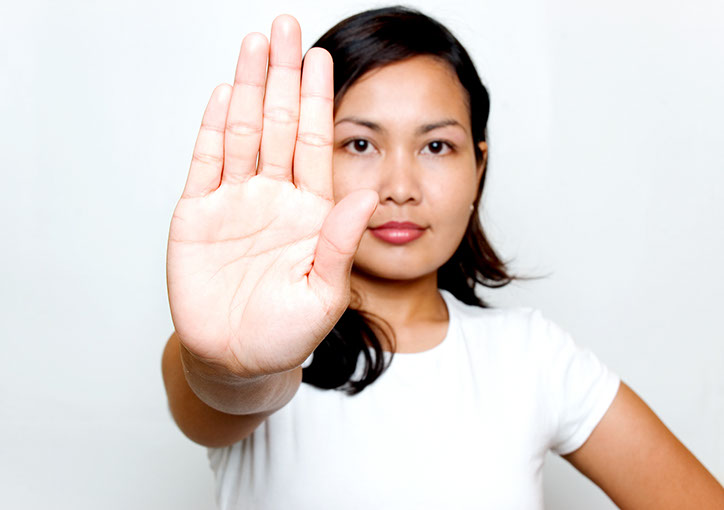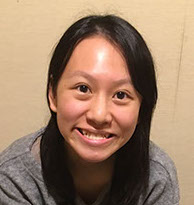
Keeping The Campus Safe For Women And All
The University is stepping up efforts to identify instances of sexual harassment and reduce its occurrence.
Sexual harassment on campuses has been the subject of court cases and extensive media coverage in places like the United States. In Hong Kong the attention has been more muted, but that should not be read to mean it is any less of a problem here.
Incidents of peer-to-peer sexual harassment and assault, and supervisor to student or junior staff, have been reported formally to HKU’s Equal Opportunities Unit (EOU), which receives about 10 such complaints a year, and more prolifically, through the grapevine.
A major issue in bringing the problem out in the open has been the lack of understanding about sexual harassment and the lines of reporting it.
Ms Mavis Yip Oi-ying, a postgraduate student in Sociology, conducted a survey and focus groups on sexual harassment awareness among HKU students. The types of harassment included male on female and same sex harassment. The participants understood the obvious forms, such as rape or continued pestering to get intimate, but not the subtler forms, such as touching and sexual jokes.
“There is a fear of being seen as over-reacting if they report on their peers,” she said. “And none of the participants were even sure where to report sexual harassment.”

![]() There is a fear of being seen as over-reacting if they report on their peers.
There is a fear of being seen as over-reacting if they report on their peers. ![]()
Ms Mavis Yip Oi-ying
Addressing the gap
The University is trying to address that gap by developing a short online course on sexual harassment, with compelling video skits, challenging questions, and useful information all in 30 minutes. It will be offered to all students as of this September so they can learn to better protect themselves and their friends.
This will be in addition to the briefing the EOU gives students at inauguration to introduce its work, including its handling of sexual harassment complaints.
Meanwhile, Ms Yip’s supervisor, Professor Karen Joe Laidler, is undertaking a climate survey to gauge students’ understanding of sexual harassment, its prevalence, and other gender issues at HKU, and hopes to extend this effort with colleagues at two universities in the UK and Australia. She is also developing a massive open online course on sexual harassment and gender violence in developed and developing countries, which is expected to be launched this summer.
Ms Puja Kapai, Director of the Women’s Studies Research Centre and member of the Faculty of Law, said while these measures were a good start, she would like to see greater visibility of responses, for instance, in keeping the complainant and accused separate when cases involve students in the same halls, or staff or PhD candidates and their supervisors. The EOU tries to make such arrangements when possible.
“Students or colleagues who make a complaint are often in shock when they have to confront the person because it doesn't occur to them that a university setting is so intimate,” she said.
“But we have some great momentum now to address these issues systematically. Let’s see how
it unfolds.”
Next
Back


